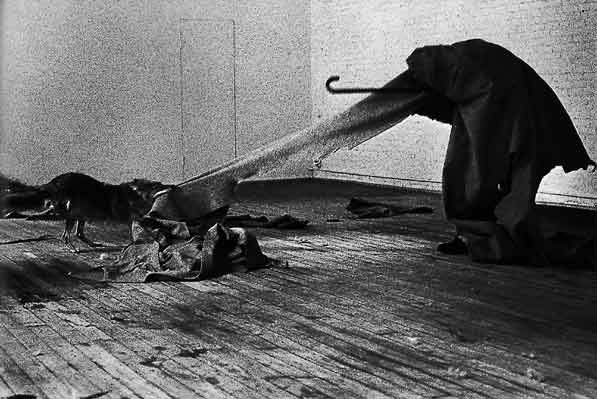
Recently the cyborg Stephen Hawking has warned that
aliens coming to earth would not be coming in peace.
“We only have to look at ourselves to see how intelligent life might develop into something we wouldn’t want to meet. I imagine they might exist in massive ships, having used up all the resources from their home planet. Such advanced aliens would perhaps become nomads, looking to conquer and colonise whatever planets they can reach. . . . If aliens ever visit us, I think the outcome would be much as when Christopher Columbus first landed in America, which didn’t turn out very well for the Native Americans.” Think here of T-Bone Burnett’s “Humans from the Earth.”
And yet, aliens are a necessary supplement which help us think what it means to be human. David Clark builds out this point with his stellar essay “Kant’s Aliens.” As he explains, in the final pages of Anthropology from a Pragmatic Point of View Kant considers that the only way to understand a species is by comparison to others. In order to know man as a terrestrial rational animal, he should be compared to a non-terrestrial rational creature:
“The highest concept of species may be that of a terrestrial rational being, but we will not be able to describe its characteristics because we do not know of a nonterrestrial rational being which would enable us to refer to its properties and consequently classify that terrestrial being as rational. It seems, therefore, that the problem of giving an account of the character of the human species is quite insoluble, because the problem could only be solved by comparing two species of rational beings on the basis of experience, but experience has not offered us a comparison between two species of rational beings”
As Clark mentions, Kant’s “off-world interest go back to Kant’s first major work, the cosmological treatise entitled Universal Natural History and Theory of the Heavens [1755]” (see the “Appendix” on “the inhabitants of the stars”).
Clark nicely connect this to “This is an almost Nietzschean question—one asked, we might recall, by
Friedrich in the essay ‘On Truth and Lying in a Non-Moral Sense’ that spookily begins by imagining what “man” might look like through the pitiless eyes of an alien zoologist.” Indeed, this opening passage from Nietzsche has been an inspiration for the revolution!
Now dear reader, if you have wandered into reading this far, consider that each animal is in its own umwelt, its own world. Indeed, animals are aliens to us—as is our own animality. We can measure humans and “thinking otherwise” by weighing ourselves against the scale of these creatures. Kant is concerned with rational beings and measuring ourselves against a “nonterrestrial rational being”; yet why privilege reason and who is to say that alien reason would be anything like our own? What is this alien "to come" and land among us? Are they already here? (and yes, see my Lovecraft post.)









